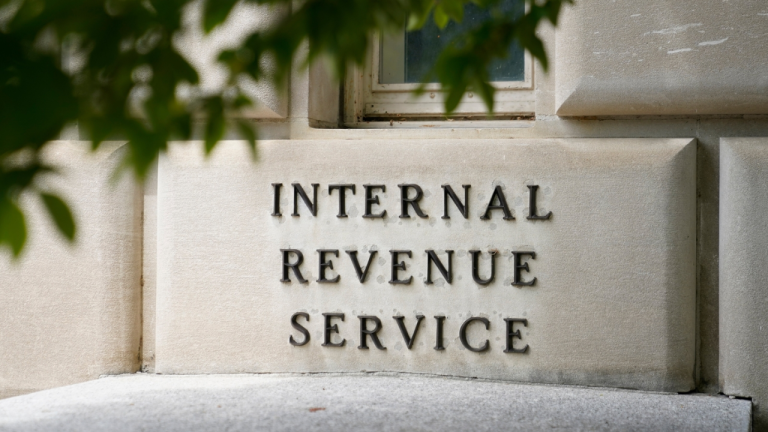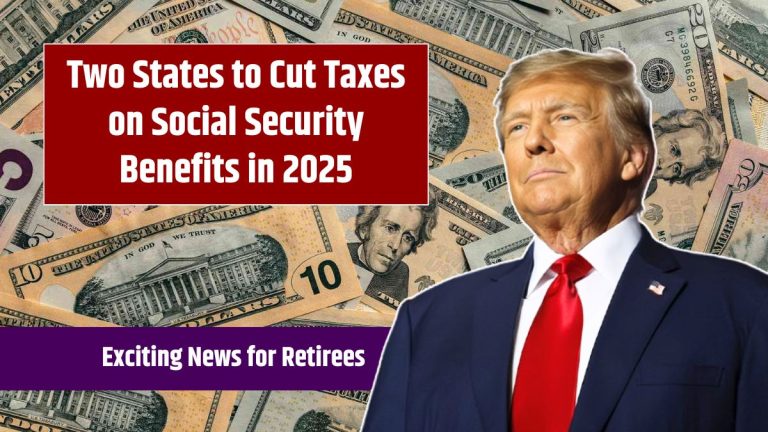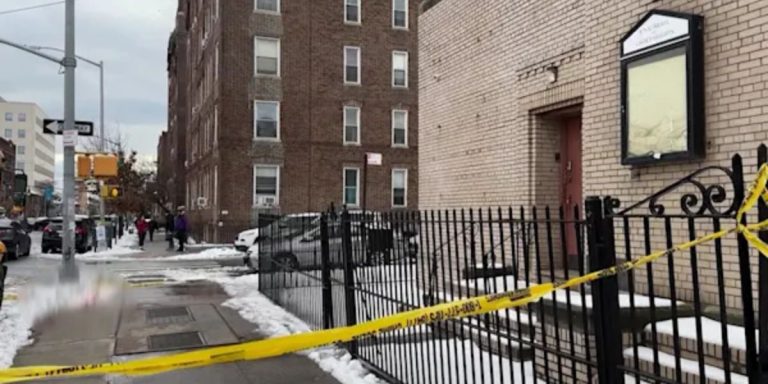As of early September, the Social Security Administration will implement new measures that will affect millions of recipients across the country. Even though the majority of Social Security beneficiaries are retired workers, there is another category of people who receive cash support to meet their necessities through the Supplemental Security Income program. In contrast to retirement benefits, SSI benefits are intended to assist low-income seniors over the age of 65, disabled individuals, and children in certain financial situations. Because the new restrictions will only affect the SSI program, about 7 million recipients must be aware of how these changes will affect their monthly aid beginning in September.
Beginning in September, Social Security will undergo another transformation
To be eligible for SSI payments, a person’s monthly income must be at or below $1,971; the average check is $943 for an individual and $1,415 for couples filing jointly. However, the new criteria may affect beneficiary eligibility and raise payments to individuals who already qualify. Three new criteria published by the Social Security Administration will take effect on September 30, 2024, to increase eligibility for Americans and assist those now enrolled in the Supplemental Security Income program. The following new Social Security regulations will take effect in September:
The revised public assistance home definition
One of the most significant changes to the Supplemental Security Income (SSI) program is the new definition of a public assistance home, which the Social Security Administration will expand. Currently, all household members must be on public assistance before applying for SSI benefits. However, the new rule will need only one SSI claimant and at least one extra individual receiving means-tested public assistance. Additionally, the Supplemental Nutrition Assistance Program (SNAP) will now be considered a household’s public assistance. This move will benefit SSI beneficiaries who live in families where only a few people get payments.
Food aid will be measured differently
The federal agency also recently announced that food relief, classified as in-kind support and maintenance (ISM), will no longer be considered in eligibility calculations. Food and housing assistance were previously considered unearned income, which drastically reduced benefits because income is higher in the eyes of the Social Security Administration. The reason for this shift is that ISM policies raise various administrative, incentive, and equitable difficulties.
Many experts in the field believe that some SSI policies benefit specific SSI beneficiaries, whilst others may prevent families from supporting low-income relatives in acquiring SSI since it could result in a dollar-for-dollar decline in benefits. If a candidate earns countable wages or other income that comes within the ISM category, the Social Security Administration must reduce the candidate’s monthly benefits when calculating SSI payments. Reducing benefits based on the value of the ISM received is reasonable since beneficiaries of food and/or shelter assistance require less support to meet their basic requirements than non-recipients.
Rental subsidy policy will be enhanced
The final modification that will be introduced this month is to the rental subsidy policy, which will be enlarged to prohibit renting at a reduced rate or receiving other rental assistance from influencing SSI eligibility or monthly payment amounts. The policy is already in operation in Connecticut, Illinois, Indiana, New York, Texas, Vermont, and Wisconsin; the new rule would spread it federally. In these states, rental assistance, such as reduced-rate rentals, has a lower impact on a person’s SSI eligibility and payment. This new rule gives the same favorable treatment to all SSI applicants and recipients nationwide. This could increase the payment amount that certain people are eligible to receive, allowing more people to qualify for critical SSI benefits.




























+ There are no comments
Add yours